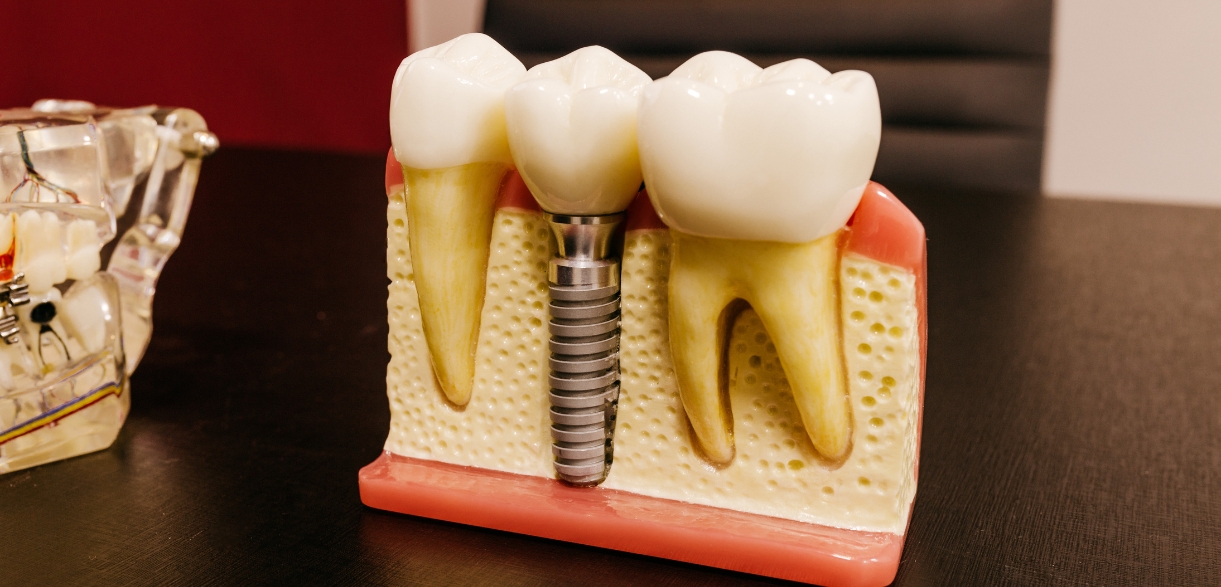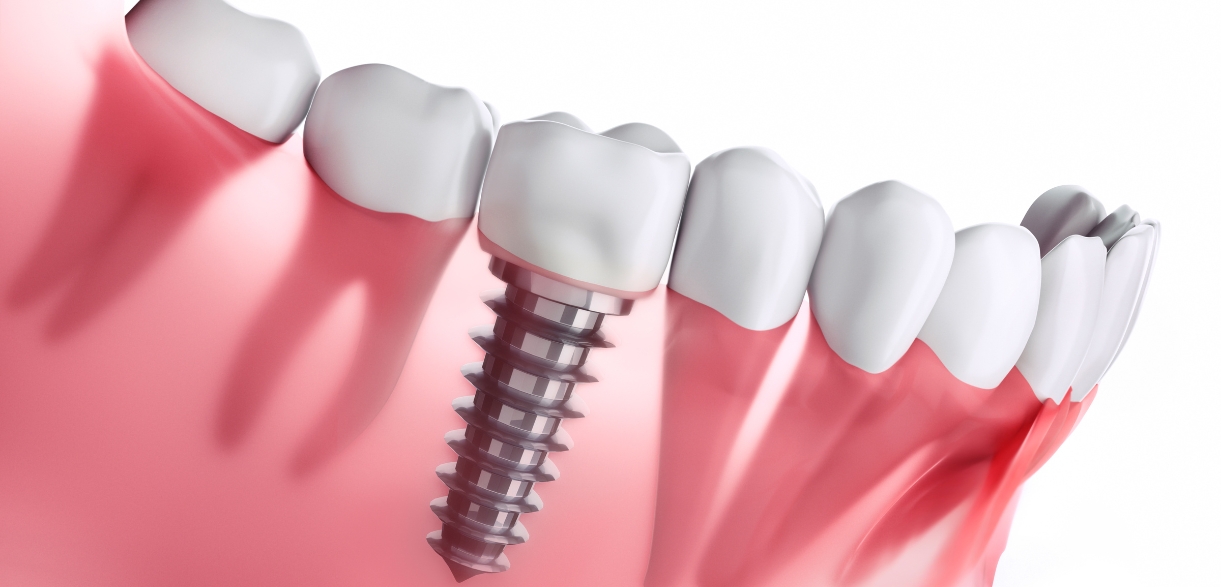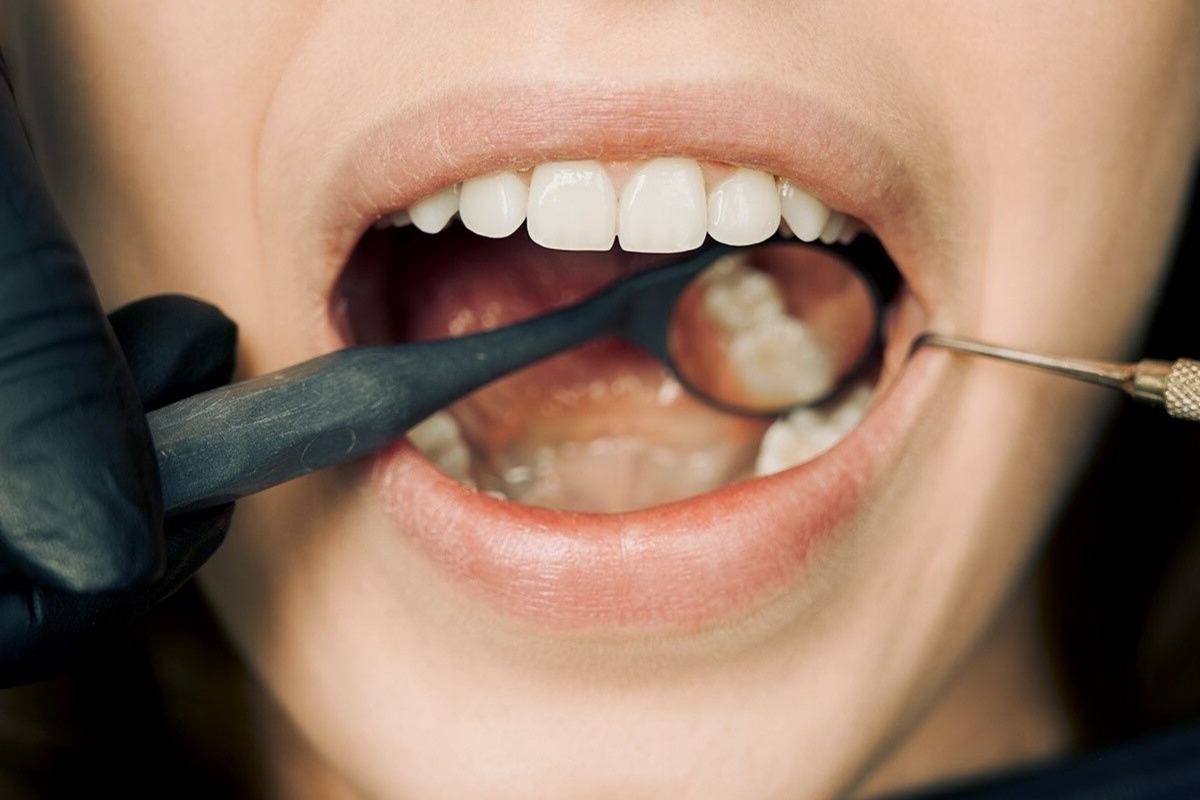Brentwood: (615) 235-1966

Can You Get Dental Implants if You Have Gum Disease?
Brentwood and Lewisburg, TN

Missing teeth have the ability to destroy smiles. It can also make chewing difficult. Dental implants are significant in providing a permanent, natural-looking solution. A healthy jawbone and strong gums are the foundation for a successful implant.
However, the question is: What if gum disease has destroyed your gums already? As per many people, gum disease automatically excludes them from receiving dental implants. The reality is kinda different! Treatment and preparation can still make implants a reality.
Dentists evaluate gum health before determining implant candidacy. If you neglect gum disease before an implant surgery, it fails. Can you get dental implants if you have gum disease? The answer isn’t a straightforward yes or no—it depends!
How Gum Disease Affects Dental Implants?
Gum disease compromises the foundation upon which dentists place implants. If you leave infections untreated, it can lead to gum recession and bone loss. Implants do not have the support they need to remain stable without healthy gums. Bacteria from gum disease are capable of destroying bone structure, and this makes implants more likely to fail.
Implants need a firm jawbone for integration. Aggressive gum disease destroys this bone, which complicates implantation. Loose gums lead to impaired healing and implant instability. Gum disease inflammation prolongs recovery and enhances complications. Although the implant integrates initially, untreated infection may cause implant rejection.
Successful dental implants Brentwood rely on healthy gums and sufficient bone density. Dentists carefully check gum health before suggesting implants. If gum disease exists, they provide the necessary treatment before proceeding. Healthy gums significantly improve the likelihood of a successful dental implant procedure.
Can You Get Implants After Treating Gum Disease?
Treatment Options for Gum Disease
Scaling and Root Planing – Deep cleaning remarkably eliminates plaque and bacteria beneath the gumline.
Laser Therapy – This minimally invasive treatment kills bacteria and encourages gum healing.
Antibiotics – Medication immensely helps manage infection and aids gum recovery.
Bone Grafting for Severe Bone Loss
When is Bone Grafting Necessary? Severe gum disease causes jawbone loss. Implants need adequate bone density to remain stable.
Types of Bone Grafts – Dentists utilize natural or synthetic bone grafts when it comes to restoring the jaw.
Healing Process – Bone grafting requires months to heal before implants are feasible.
Eligibility for Dental Implants Following Treatment
No Active Infection – Gums should be free of bacteria and inflammation.
Stable Bone Structure – Bone density must hold the implant post.
Healthy Oral Hygiene Habits – Brushing, flossing, and regular dental visits are required.
Dentist’s Approval – A professional dentist decides whether the mouth is ready for implants.
Gum disease does not always mean implants are impossible. Effective treatment and restoration of the bone raise suitability. A periodontist appointment guarantees optimal provision for implant success.
Dental implants are still a possibility even after gum disease. Healing and treatment can decide the suitability for the procedure. Healthy gums and a solid jawbone enhance implant success.
If you neglect gum disease, before implants, it can cause complications. Proper dental care guarantees long-term results. A professional consultation is the best advice.
Dental implants provide a life-altering solution with proper preparation. Are implants still a possibility for you? Our dentist’s assessment will answer.





